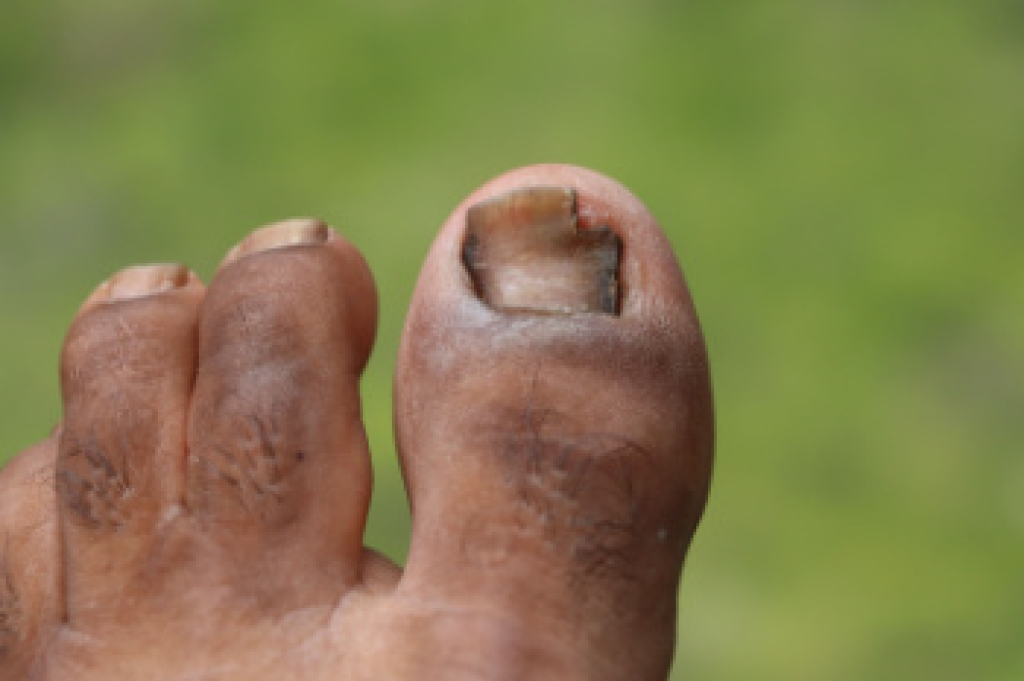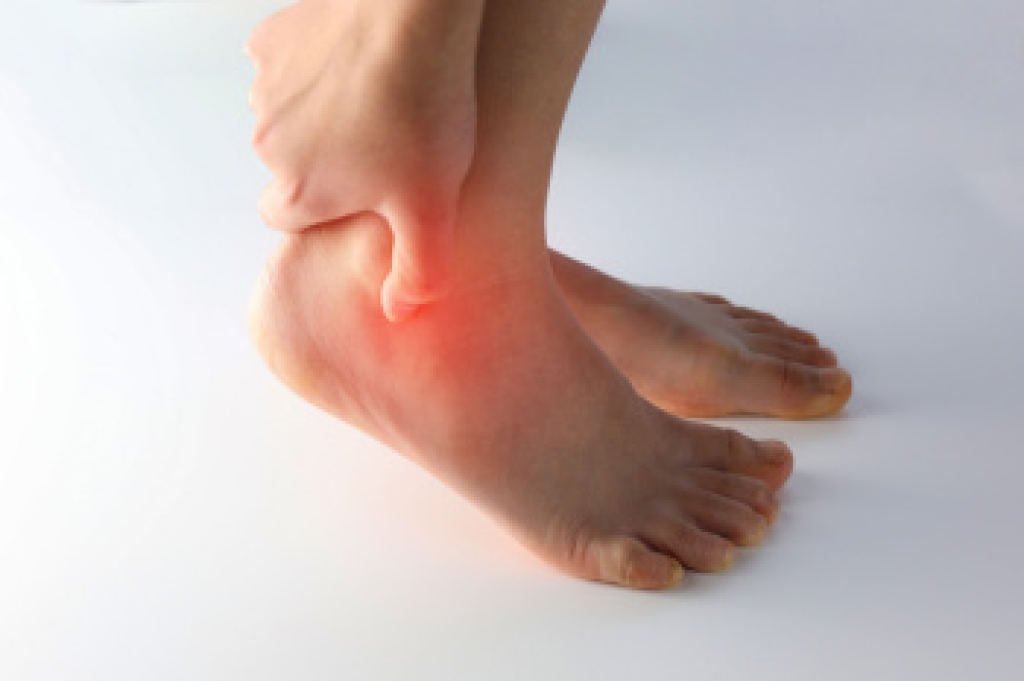
Toenail fungus can slowly change the appearance and strength of the nails, causing thickening, discoloration, and crumbling that rarely improves without targeted treatment. Because the organisms responsible live beneath the nail surface, over-the-counter products often struggle to reach them. Professional evaluation allows a podiatrist to identify the specific type of fungus and choose an approach that can truly penetrate the nail and surrounding tissue. Options may include prescription topical medications, oral therapy, or advanced in-office treatments designed to clear the infection more effectively. Addressing the problem early helps prevent the fungus from spreading to other nails or the skin. Consistent care also encourages healthier new nail growth over time. If you are noticing ongoing changes in nail color, thickness, or texture, or if the infection keeps returning, it is suggested that you see a podiatrist for precise diagnosis and a treatment plan that actually works.
For more information about treatment, contact the foot specialists of Academy Foot and Ankle Specialists. Our doctors can provide the care you need to keep you pain-free and on your feet.
Toenail Fungus Treatment
Toenail fungus is a condition that affects many people and can be especially hard to get rid of. Fortunately, there are several methods to go about treating and avoiding it.
Antifungals & Deterrence
Oral antifungal medicine has been shown to be effective in many cases. It is important to consult with a podiatrist to determine the proper regiment for you, or potentially explore other options.
Applying foot powder on the feet and shoes helps keep the feet free of moisture and sweat.
Sandals or open toed shoes – Wearing these will allow air movement and help keep feet dry. They also expose your feet to light, which fungus cannot tolerate. Socks with moisture wicking material also help as well.
If you have any questions please contact our offices located in Southlake, Keller (Fort Worth), Hurst, North Richland Hills, Flower Mound, Argyle, and Denton, TX. . We offer the newest diagnostic and treatment technologies for all your foot and ankle needs.




